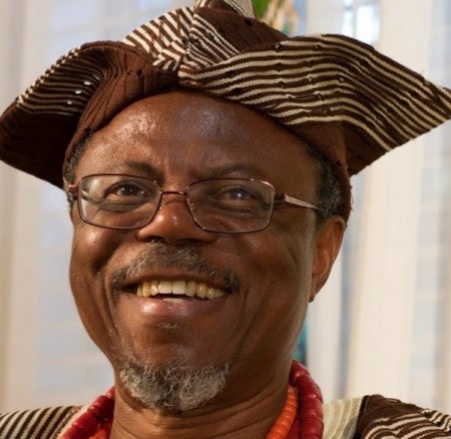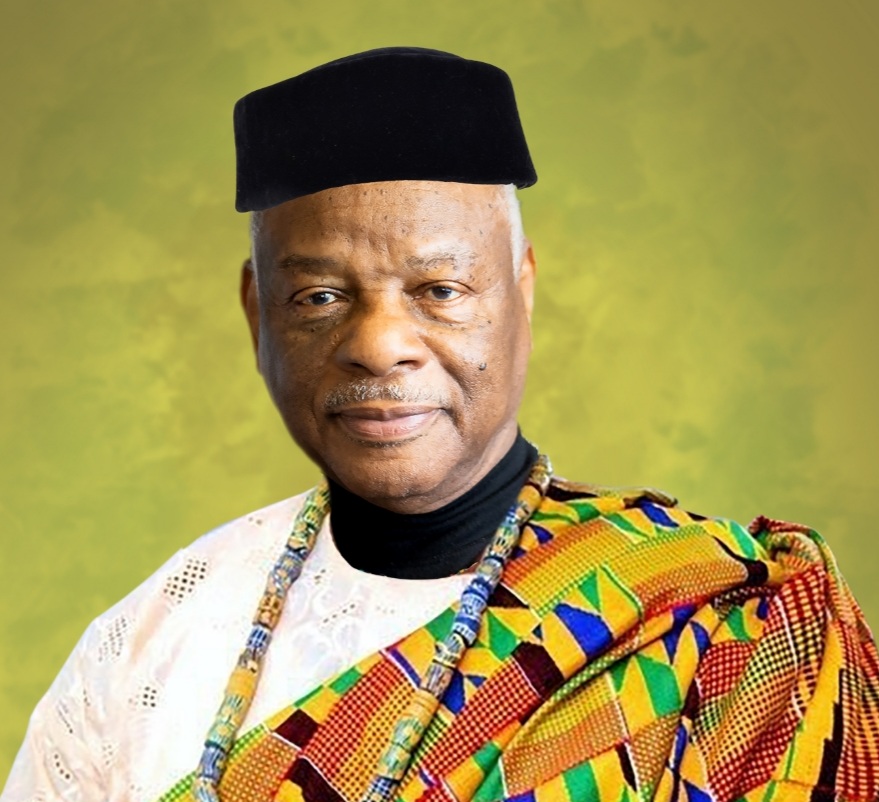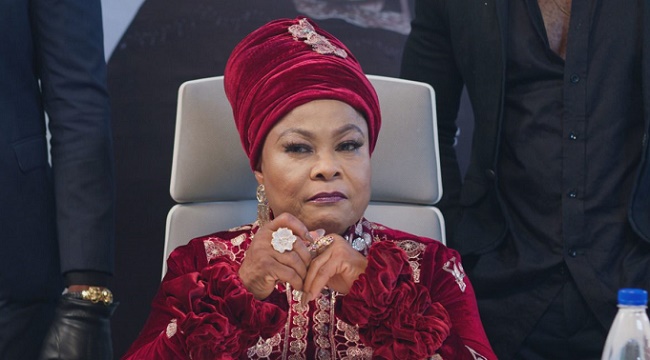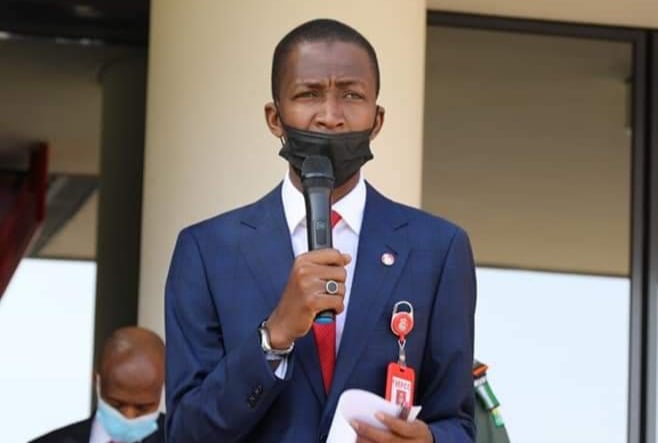Africans have a famous saying that “until the lion talks, every story will glorify the hunter.” This is a multifaceted maxim that more than sums up the nuances of this world. It defines how stories are told, and histories are recorded. Guided by this maxim, a careful analysis of seemingly historical facts will reveal that the so-called facts might have underlying truths in them; however, they are not the facts. Sadly, Africans, who are the proponents of the opening maxim, have been in the position of the marginalized lion for a long time. In what follows, I present how Asante has constructed the pyramid of his intellectual contributions. I could not have been able to compose this piece unless I fully understood his way of thinking.
To Molefi Asante, history has it that Africa is one of the earliest sources of civilization. From the Mesopotamians to the Egyptians, civilization was well-founded on the African continent, millennia before the Industrial Revolution of Europe. When the world was still young, and humans were hardly any other thing aside from hunters and gatherers, Africans, especially Egyptians, had advanced civilization. They had their system of writing in hieroglyphics. Some engineers and mathematicians made the construction of pyramids a scientific possibility, not to forget the medical professionals. Egypt had its system of government, one of the fundamental qualities of a civilized society. To Asante, this is where we must begin not just the history of Africa but of the world itself.
Histories are eroded, and people are forgotten, and so it was for the early African civilization. By the natural law of evolution and perhaps the mal-decisions of some of the empire’s leaders and decision-makers, the empire fell into oblivion. Power shifted hands, and Europe became the center of world civilization. If the story of the European civilization had ended there, perhaps Asante would not have emerged as a proponent of the “Out of Africa” thesis. However, the Europeans, in the natural order of things and as humans, became insatiable. After exploring and conquering their territory, they stretched their tentacles to other territories and exploited them. First, because to humans, superiority is defined by how many humans or human territories they have subdued. Second, because growth means the expansion and the attendant inability of available resources to meet the territory’s needs. So it was that the Europeans arrived in Africa, initially as curious explorers who wanted to get familiar with new territories and trade goods. The initially clear conception of meeting new people and exploring new worlds translated into a burning need to ravage, exploit, dominate, capture, and grow exponentially at the expense of others. There were the long and arduous years of the trans-Atlantic slave trade and how they brought humans’ brute nature and inhumanity to the fore.
As if the dehumanization of the trans-Atlantic slave trade era was not enough, there came the infamous Berlin conference of 1884 to 1885 and the unscrupulous sharing of the African continent among European countries. The centuries of colonization in Africa severely impacted Africans’ sense of identity, consciousness, being, culture, traditions, and continued development. Beyond this, an almost unforgivable impact of colonization on Africa was the deliberate misrepresentation and presentation of Africa to the world. Early European observers in Africa presented the continent as a barbaric one. Essays upon essays were written to portray Africans as needy and hopeless, and people who would have gone into extinction but for the supposed intervention of the Europeans. Indeed, the West brought us the modern form of education. However, Africa would not have declined, so argued many Afrocentric scholars, if the Westerners had not come to the continent. Some argue that Africa would have been better off and way more developed than it currently is if the Europeans had not colonized the continent.
Advertisement
In yet another argument by another set of scholars, the westernized education of Africans is perhaps the only good thing that colonialism brought to Africa. Of course, this same westernized education has severely impacted African thought patterns, beliefs, and ways of life. The Europeans handpicked Africans whom they believed were outliers and gave them European scholarships. After being schooled in the West, these Africans returned home, and with their return came an awakening and an intellectual revolution. The education of these select Africans brought about a much-needed reawakening. African scholars received a jolt in their subconscious; they were awakened to the realities that faced the African continent and the African people, how the Europeans had exploited, marginalized, and misrepresented Africa. Questions started sprouting from all angles. Curious Africans started gaining access to those malicious and mal-informant books of purported history, and so began a counter intellectual attack. The likes of Aime Cesaire, Leopold Sedar Senghor, David Diop, Kenneth Dike, Herbert Macaulay, J. F. Ade-Ajayi, Julius Nyerere, Nelson Mandela, and Nnamdi Azikiwe took to arms. They deployed knowledge and the education they got–the same tool used to train them–to re-write African history and counter the malicious records made about Africa.
Africa gained independence between the mid and late 20th century. However, the fact remains that Africa is yet to be free from some problems plaguing it. Post-independence has seen the rise of historians and African scholars, people who have taken up battle with the ruining political ideology of Africa and the corrupt and destructive governance militating against the growth of the continent. The attention has shifted from debunking racist and condescending fausse history of Africa to battling destructive African leaders, unscrupulous policies, and a host of other problems facing the continent.
In the face of all these, the lions have not forgotten that the hunter is lurking and has not ceased to tell the story in a way that glorifies the hunter and maligns the lion. This move of the hunter is visible to us; it is all over the media. The malnourished children; war; seizure of power; hunger; crises; and how the media projects them. However, lions still look the hunter in the face and choose to tell their story and that of their species. Lions who have defied all odds to glorify what needs to be glorified about their history and current story. Of these lions, Molefi Asante stands tall.
Advertisement
Molefi Asante–the father of Afrocentrism. If Afrocentrism gained flesh, received the breath of life, and became human, then it would be to the credit of Molefi Asante. I doubt if I have ever met, discussed with, or studied a man who is as passionate and proud of Africa as Molefi Asante. Is it his dedication? Asante has dedicated his life, intellectual prowess, time, and resources to the study of Africa and Afrocentrism. He is living proof of the amazingness of Africa. We often hear and read people’s thoughts on Africa, of how beautiful and rich the continent is in culture and human resources. If this were true of Africa, then Africans should be proud of their continent, and their actions, discourses, exploits, and manner of engagement should reflect this pride.
There is a lamentable eroding in the cultures, beliefs, and values that were once dear to Africans and guided our inter-relationships. To what are we losing our core values as Africans? People who have lost their values would soon lose their identity, and then the abyss of oblivion will not be so far away. In an age where we are fast losing the values that bind us and guide us, there are lions like Molefi Asante, roaring and reminiscing, reminding us of our history, who we are, and whom our forefathers used to be. Of communalism, the Ubuntu spirit, of how only the unity of fingers guarantees one of a resounding fist thump on one’s chest. Molefi is an African vanguard. Molefi Asante is like the baobab, with long-stretching roots that reach Sudan in the North-East, Nigeria in the West, and Costa Rica through the blissfulness of marriage. Asante’s contributions to Africa through scholarly works can never be forgotten. He is a proud and respected son of the soil and one of the most respected prides of African lions.
This Sunday, September 19, 2021, we will be hosting Molefi Asante on another edition of the Toyin Falola Interviews. And this is something I rarely say–I am personally looking forward to this interview to see the eloquent Asante prove his Africanness once more. Please do join us too for a conversation with this eminent philosopher.
Sunday, September 19, 2021
Advertisement
5:00 PM Nigeria
4:00 PM GMT
11:00 AM Austin CST
Register and Watch:
Advertisement
https://www.tfinterviews.com/post/molefi-asante
Join via Zoom:
Advertisement
https://us02web.zoom.us/j/85124202652
Watch on Facebook:
Advertisement
https://www.facebook.com/tfinterviews/live
Watch on YouTube:
Advertisement
https://www.youtube.com/channel/UC2lvX7A2iVndiCq0NfFcb0w/live
Views expressed by contributors are strictly personal and not of TheCable.
Add a comment






